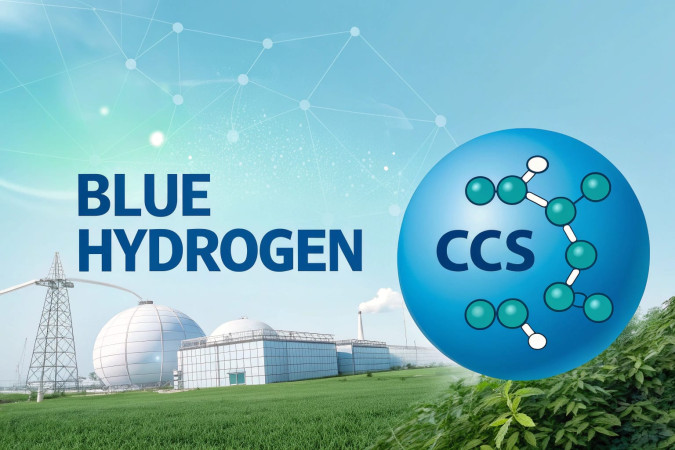
Follow India Renewable Energy News on WhatsApp for exclusive updates on clean energy news and insights
Blue Hydrogen and CCS: High Financial and Technical Risks
Mar 22, 2025
A new report by David Schlissel from the Institute for Energy Economics and Financial Analysis (IEEFA) raises major concerns about blue hydrogen and carbon capture and storage (CCS), highlighting financial and technological uncertainties.
Key Issues:
- Carbon Capture Technology Is Unproven – Large-scale CCS projects have failed to achieve the 95%+ capture efficiency required for blue hydrogen to be financially or environmentally sustainable. Reliable data on capture rates and costs is often unavailable.
- Blue Hydrogen Is Not Truly Low-Carbon – Many climate impact assessments underestimate emissions, relying on flawed methane leakage and CCS efficiency assumptions.
- Major Financial Risks for Investors – High and rising CO? capture costs, combined with volatile natural gas prices, create significant financial risks.
- Market Challenges – While governments focus on increasing hydrogen supply, there is little policy support for creating demand, leading to uncertainty about whether large-scale blue hydrogen projects will find enough buyers.
- Infrastructure and Public Concerns – The need for CO? pipelines and underground storage poses regulatory and public acceptance challenges.
Opportunities:
- Advancing research and development in cost-effective CCS technologies, though success is uncertain.
- Creating clear policies and incentives to drive blue hydrogen demand, provided it proves to be truly low-emission.
- Conducting honest assessments of blue hydrogen’s lifecycle emissions and costs to guide investment and policy decisions.
This report suggests that blue hydrogen, in its current form, faces substantial risks and is far from being a proven climate solution.